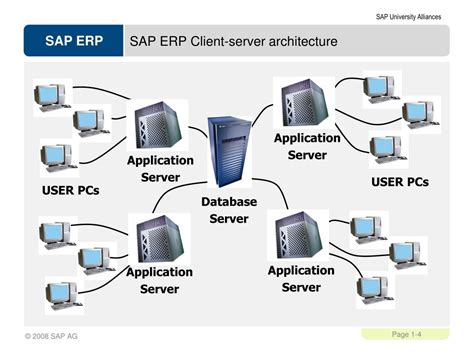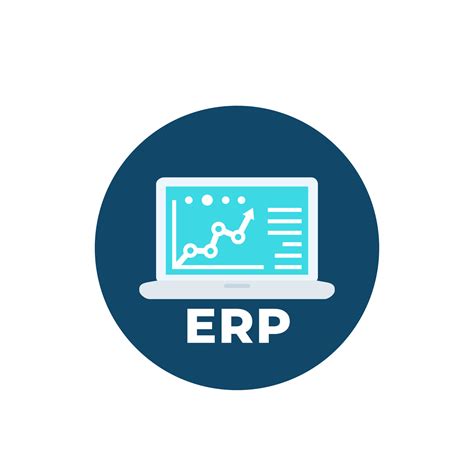ERP helps business with resource planning.
Enterprise Resource Planning (ERP) software is business software that assists with the management of internal and external resources. An ERP server is a system dedicated to hosting ERP applications and data.
History

The first ERP server was developed in 1972, when five German IBM engineers started the company SAP. ERP grew out of MRP, or Materials Requirement Planning, when the need for a leaner solution overtook the bulky, administration intensive system. Over the next two decades, a number of large players emerged in the field: Oracle, J.D. Edwards, Microsoft and Peoplesoft.
Application
ERP servers are used to integrate disparate applications and streamline management of business systems. Many areas of business activity, such as manufacturing, supply chain management, human resources, decision support, and distribution, can be tied together with ERP. An ERP server connects existing systems and presents them through clients on workstations, laptops and mobile devices throughout the enterprise.
Advantages of an ERP Server

An ERP server improves productivity and performance by bringing together the applications of a business applications into a single, real-time interface. All users will be able to work with system data in real-time, with one look-and-feel for all applications. This process dramatically reduces systems training and support. An ERP server consolidates systems management tools like monitoring and administration. ERP should empower a company in its strategic and tactical decisions.
Özel İçerikler Burada: Diğer Yazıları Kaçırmayın
